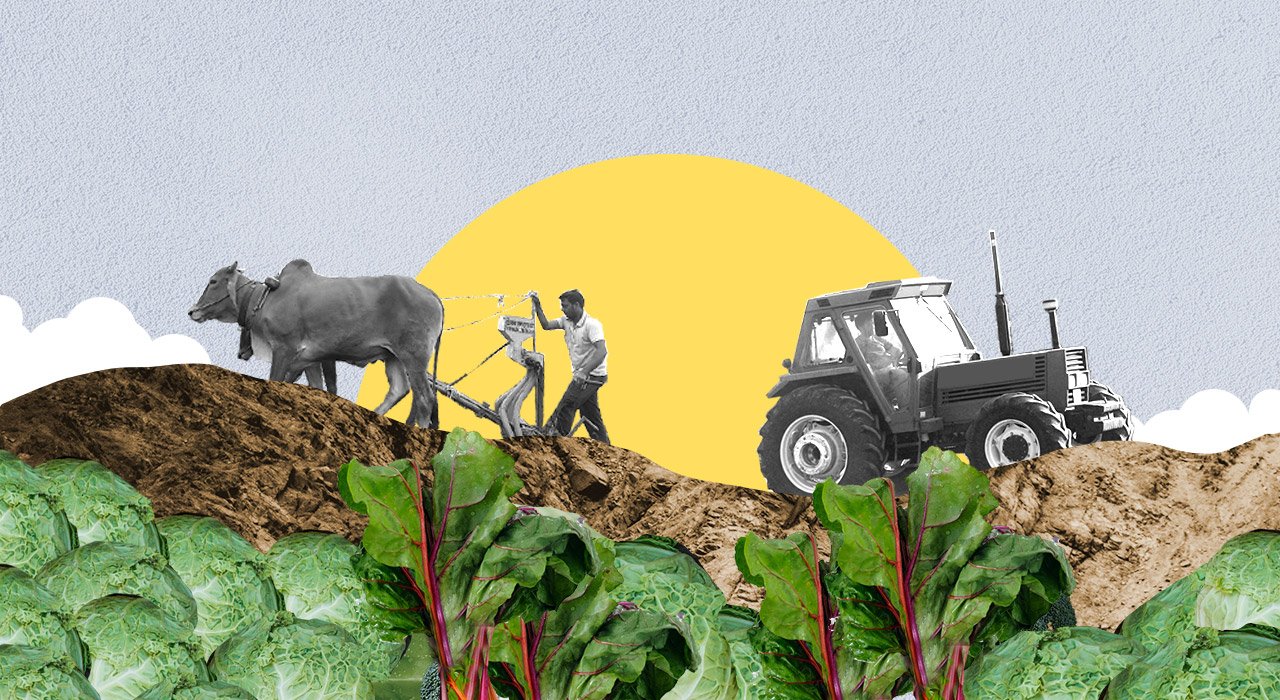Jyotsna Krishnan

The Elevar agri thesis is premised on solving smallholder farmer needs across the entire value chain, including agri inputs, working capital, yield improvements, and timely monetization of produce. If one were to stack rank the most critical problems to solve in this context, working capital and market linkages would figure at the top.
In 2015, Elevar was the first institutional investor in Samunnati, then a raw start up, which had set out to make markets work for smallholder farmers by solving one of these two needs – working capital. In the many years that Anil had spent out in the field with farmers during his time in rural banking, a key insight that emerged was that working capital is the catalyst that accelerates economic activity in agri value chains. And that timely and reliable access to working capital for each player allows the entire value chain to operate at a ‘higher equilibrium’. Leveraging working capital as the building block, Samunnati embedded itself across agri value chains, and then expanded its offerings to provide not only timely financial interventions, but also commercial interventions like market linkages, advisory services and so on.
A year later, Anil introduced us to Pravesh as someone who resonated philosophically with his farmer-first approach to solving for critical needs in agri. Pravesh had seen the opportunity and the challenges first-hand, helping catalyze the setup of hundreds of FPOs* (Farmer Producer Organizations – membership based collectives of farmers) in his prior government stint. In 2017, we decided to back Pravesh in his entrepreneurial journey that became Kamatan. Incidentally, Kamatan was solving for the other critical need in our identified list of farmer priorities – market linkages. The starting point here was the recognition that farming is one of the few industries where the producer has no control over the price of the product. Kamatan wanted to give smallholder farmers negotiating leverage in having more control over this aspect, by working primarily with FPOs. By managing and creating market linkages between farmers and buyers in the value chain, Kamatan allows farmers to focus on what they do best – production. In the entire spectrum from farm to fork, most companies optimize for the ‘fork’. Kamatan however, has been unique in its producer-first mindset and clear leaning towards the ‘farm’ end of the spectrum.
This farmer centricity, alignment with LAhWS and an approach which is guided by ground up insights, is something common to both companies and also what attracted Elevar to both as an investor. There are many other commonalities between the two entities:
The last one year has also been a really complicated year for agri as a sector. It has been one of the bright spots in a mostly arid landscape, recording a growth of over 3% in FY 2020-21 and commanding an increased share of India’s GDP. The pandemic has driven home the essential nature of the sector. But significant changes in governmental policies have split the world of agriculture – there are farmer protests that have gone on for months, and there are those who believe that the opening of private markets beyond the ‘mandis’ will benefit farmers in the medium to long term. With all this complexity, however, there is no doubt that FPOs and community based organizations are going to be the centerpiece of the puzzle, in aggregating small farmers, leveraging social capital that exists in agri communities, boosting economies of scale and helping smallholder farmers to connect with agri-businesses.
Samunnati and Kamatan can provide vital linkages, with their deep understanding of farmers and established working relationships with FPOs. In this context the timing is great in terms of both entities coming together to scale working capital and market linkages for farmers, and we at Elevar are optimistic with the possibilities that open up with this development. This creates an immense potential to build long term impact and value, and fast tracks the ‘smallholder’ farmer centric journeys of both companies.
Samunnati has relationships with FPOs and other community based organizations that represent 4 million farmers. Together with Kamatan, this reach can expand to nearly 12 million farmers and a few thousand agri enterprises within a year, powering transactions worth over USD 1 billion annually, and growing exponentially. The combined entity will offer an entire spectrum of solutions across agri commerce (market linkages, structured trades, insurance etc.), agri finance (diverse working capital and asset creation solutions) and a wide variety of farmer centric solutions and technologies delivered through FPOs.
Through this joining of forces and by keeping its doors open to other ecosystem partnerships, Samunnati will be India’s open agri network, unlocking billions of dollars of value in agri commerce and finance. We look forward to continuing to be a part of this fascinating story – one that promises to lead the transformation of the agri sector into a space that allows for the success of all players, most importantly the smallholder farmer.